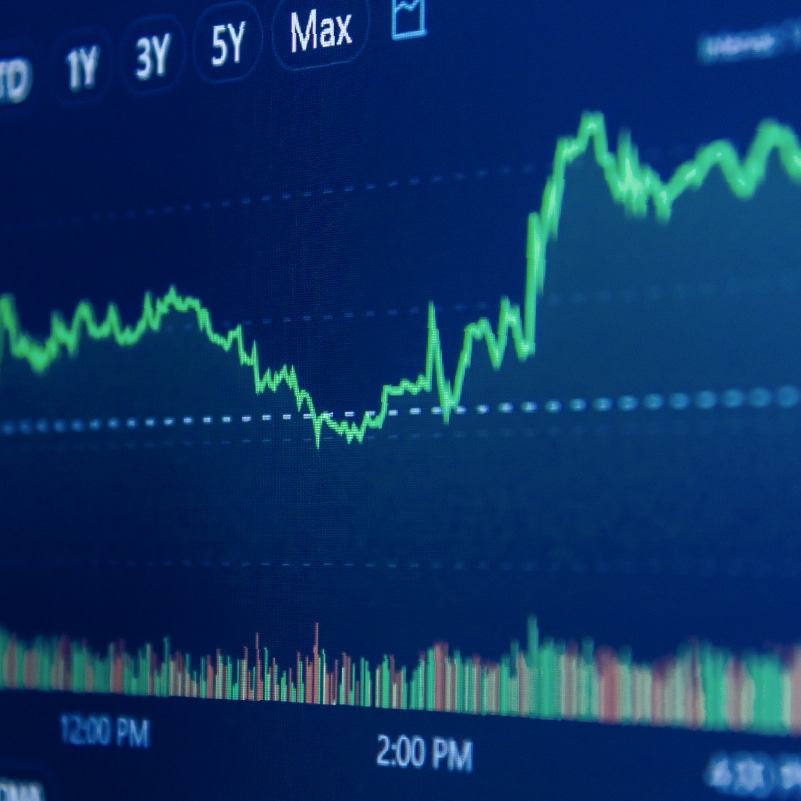Developed market (DM) equities climbed for a seventh consecutive month in October (MSCI World Index +2% MoM), pushing DM equity market performance to a 20.2% gain YTD. The mega-cap tech and AI cohort maintained its leadership position (Bloomberg Magnificent 7 Index +4.9% MoM). More than 60% of S&P 500 companies released earnings during October. Amongst those, Alphabet (+16% MoM) and Amazon (+11% MoM) both reported strong growth in their cloud businesses, with Alphabet also flagging strong demand for its AI services. The results helped alleviate investor concerns regarding massive amounts of AI infrastructure spending by these companies not filtering through to revenue growth. Meta (-12% MoM) was the mega-cap tech laggard with its announcement of “notably larger” capital spending on AI infrastructure and computing. At the same time, its Reality Labs division (which builds Meta’s wearables) lost another US$4.4bn in the most recent quarter.
The Nikkei (+18% MoM) experienced its largest monthly gain in 35 years. October saw Sanae Takaichi sworn in as Japan’s first female prime minister, with her new administration expected to introduce fiscal stimulus and increased defence spending that provided a powerful tailwind for Japanese equities.
Emerging market (EM) stocks outperformed their DM peers in October (MSCI EM Index +4.2% MoM), leaving them 33.6% higher YTD. Much of the October EM Index gains were a function of the performance of the Korean and Taiwanese chipmakers (TSMC 14% MoM, SK Hynix 58% MoM and Samsung Electronics 26% MoM), which added 3% to the MSCI EM Index performance in October as the AI infrastructure spending boom showed no signs of abating.
The US Federal Reserve (Fed) cut interest rates by 0.25% at its October meeting (as expected), leaving the mid-point of its target range slightly below 4% p.a., the lowest level in three years. Fed Chair Jerome Powell used the post-meeting press conference to warn investors that a rate cut at the Fed’s next meeting in December was not a foregone conclusion. The European Central Bank (ECB) kept rates on hold at 2.15% p.a. (also expected), while the Japanese central bank (BoJ) also left rates on hold at 0.5% p.a., keeping monetary policy loose despite two BoJ members voting to hike rates.
Powell’s surprisingly hawkish comments helped push bond yields slightly higher and drove some US dollar strength (Dollar Index +2.1% MoM). The greenback was stronger against all major DM peers, particularly the Japanese yen (-3.9% MoM), which weakened on the prospect of a combination of loose monetary and fiscal policy.




